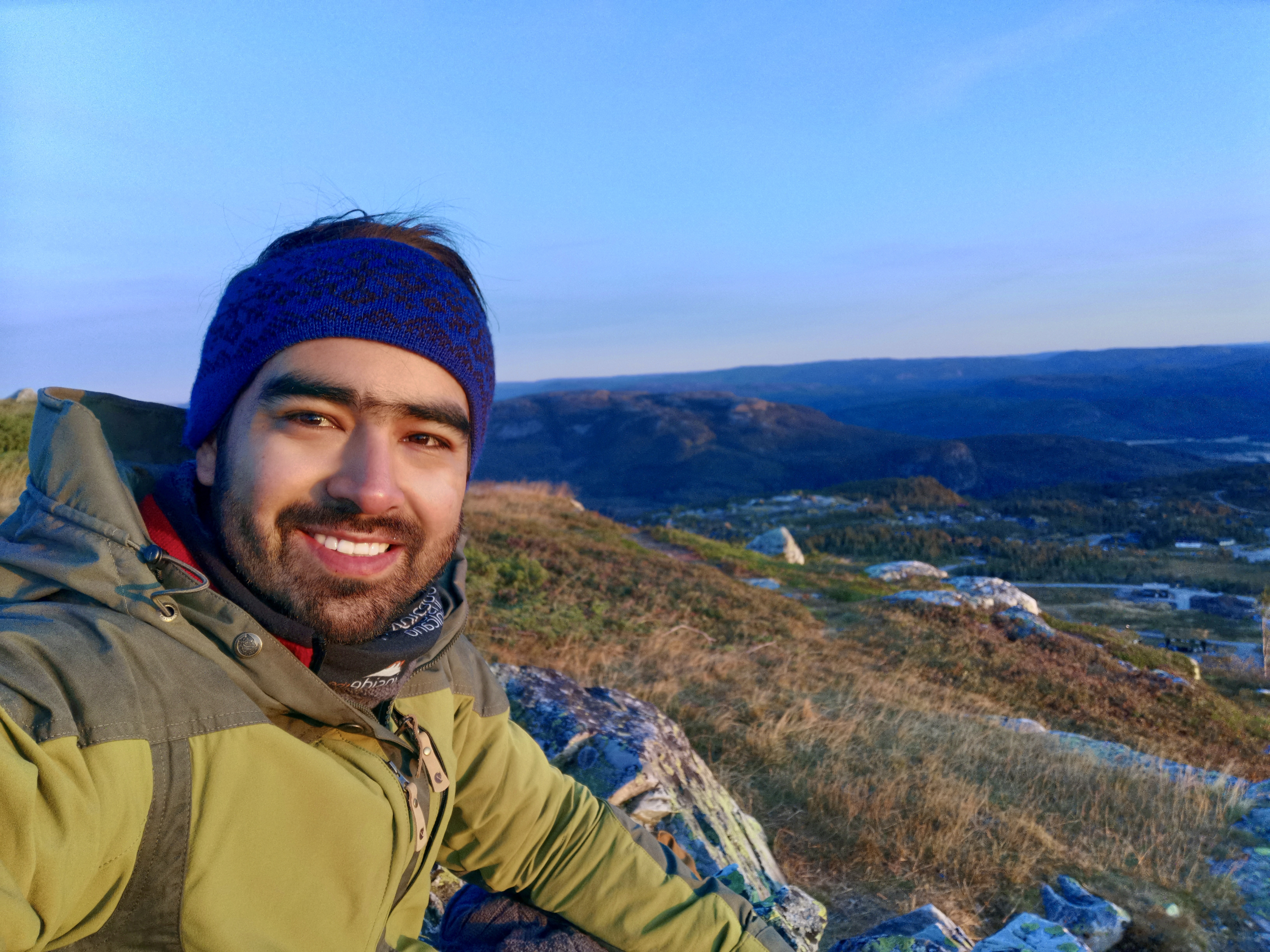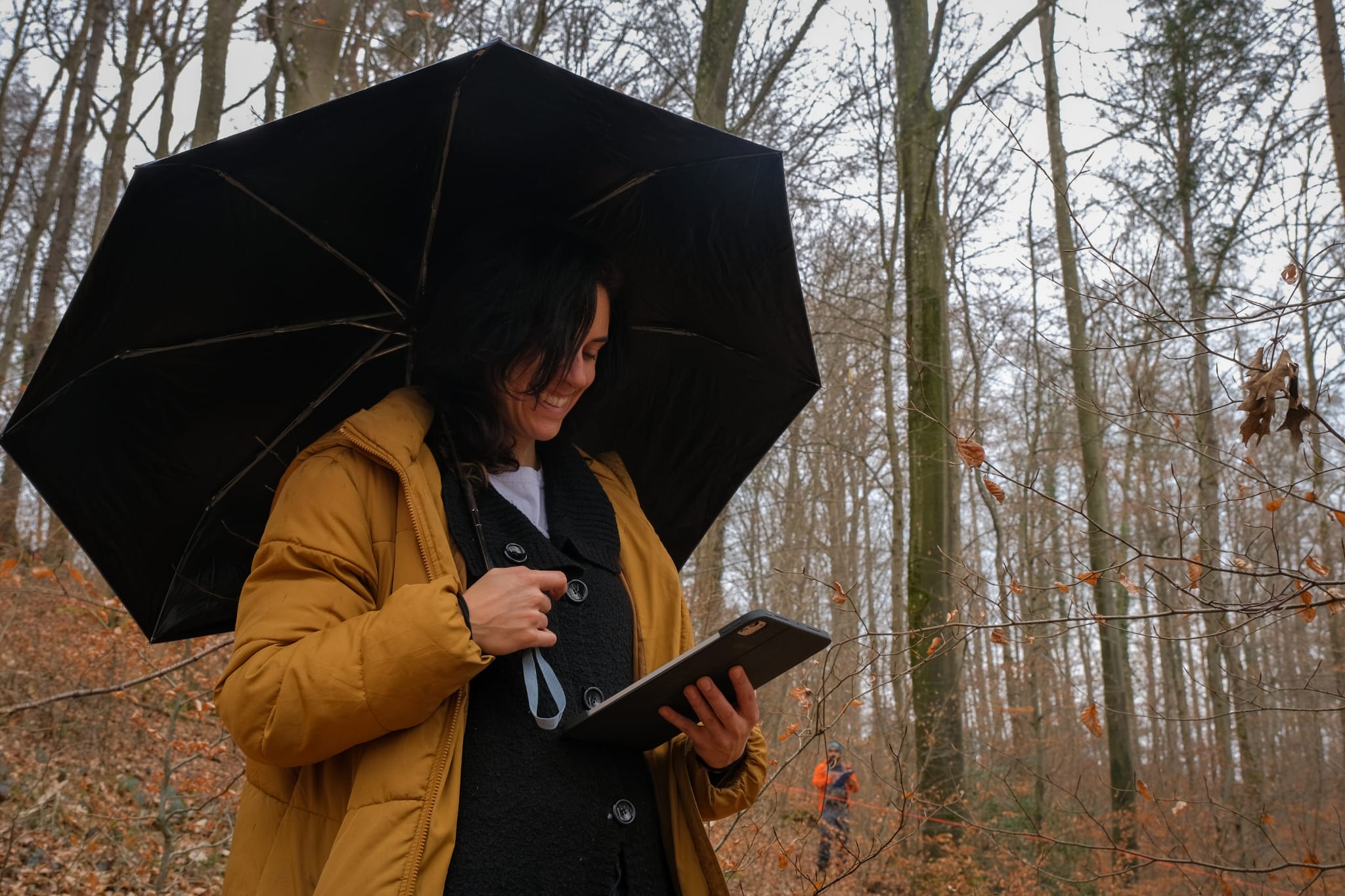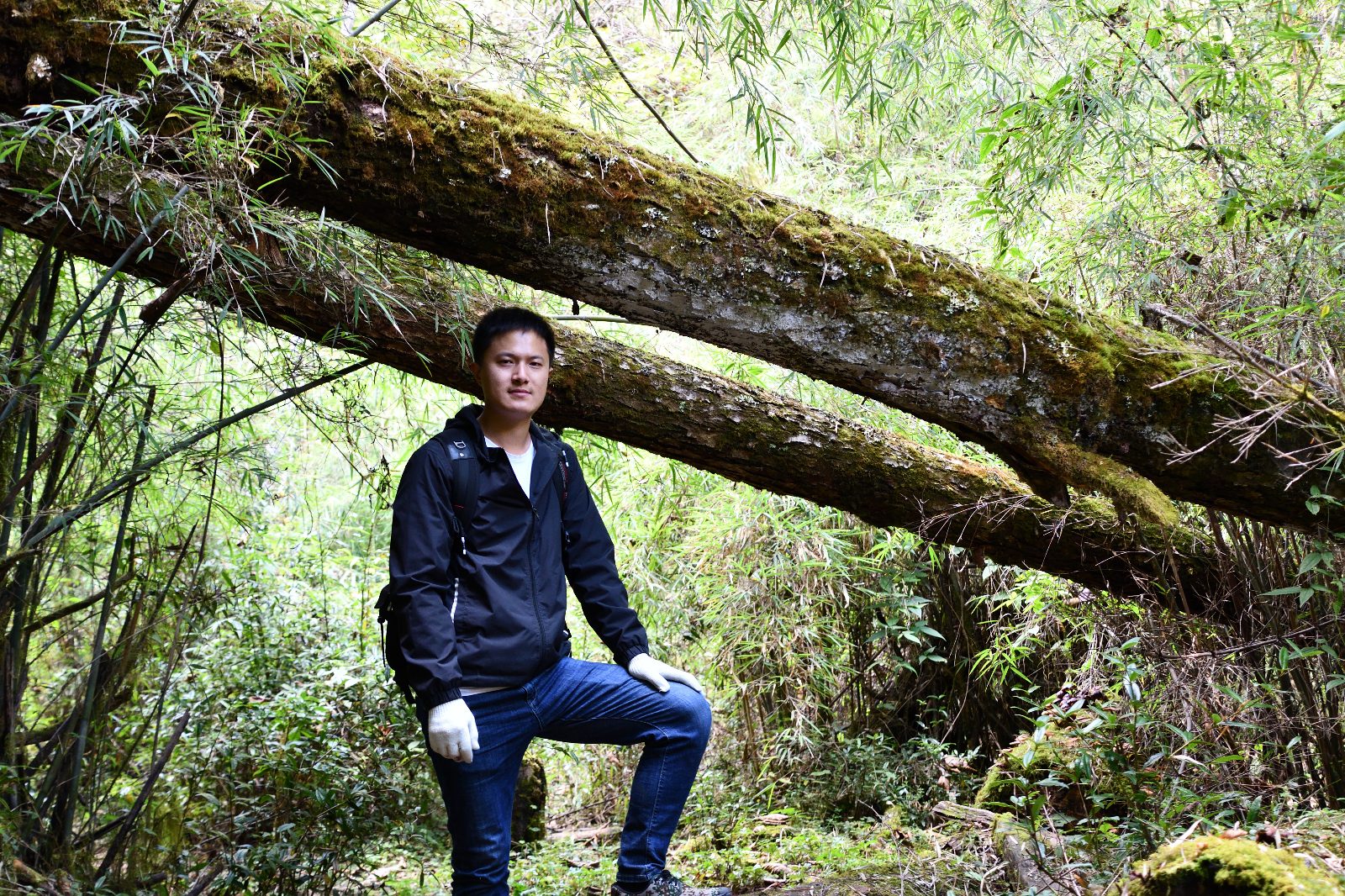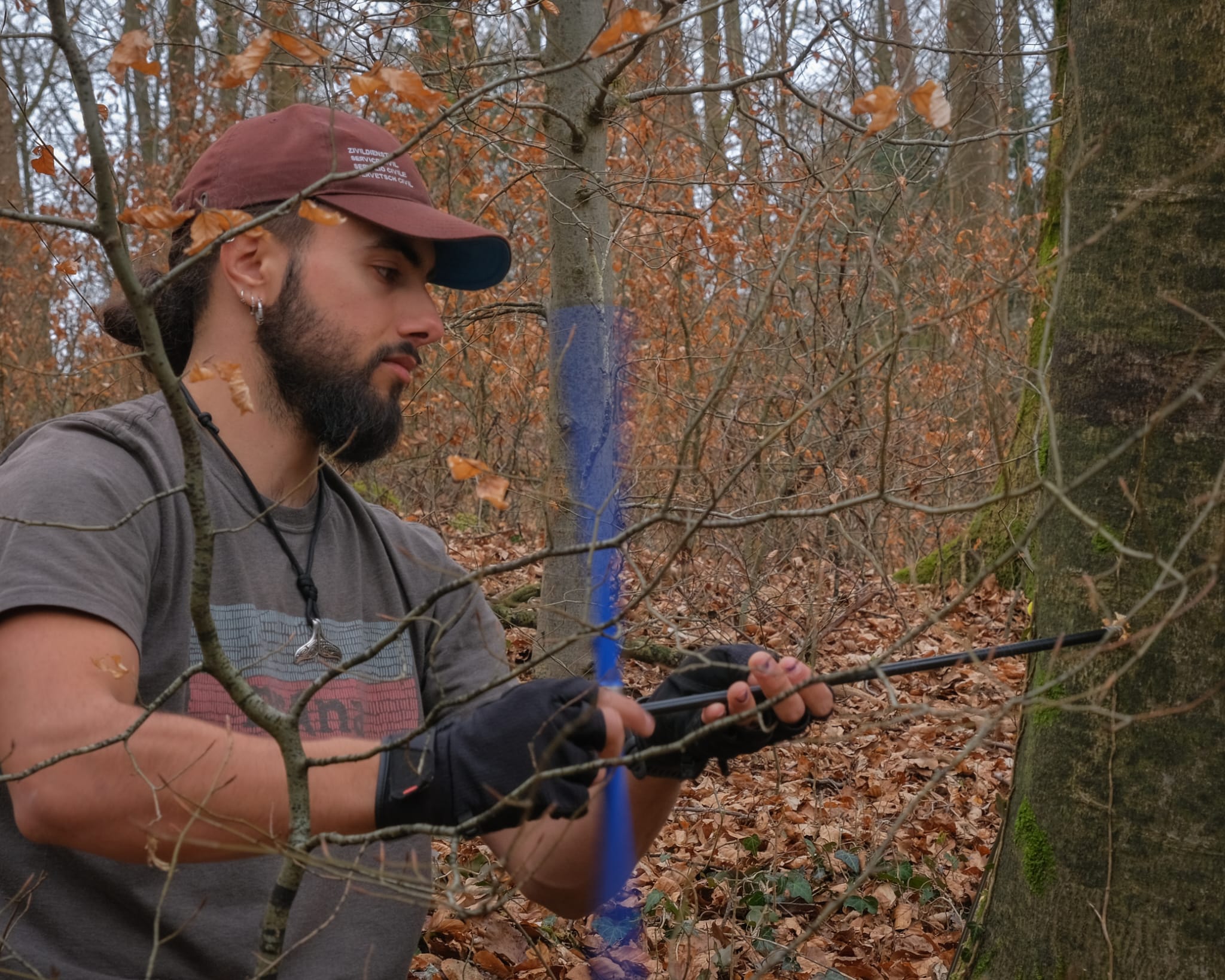PEOPLE:
Rubén D. Manzanedo (PI)
Rubén is currently Assisstant Professor at the Institute of Plant Sciences, in the University of Bern, Switzerland. Rubén is interested in how tree-ring
ecosystems respond to changes in their environment across scales. Rubén did his BSc and MSc in Forestry and Global Change at the University of Córdoba in Spain, and his
PhD in Tree Local Adaptation at the University of Bern. After doing postdocs in Harvard University, University of Washington and ETH-Zürich, Rubén
currently leads the FEL group.

Zabdi López (PhD Student)
Zabdi is currently a PhD student a the University of Bern within the OpenRing project. Zabdi is interested in long-term open forest data, and tree
responses to climate change across Europe. Zabdi did his MSc studies in Guatemala and Norway and joined the FEL group in November 2024.

Miriam Frutiger (Technician)
Miriam is currently the group technical support, both in the field and at the lab. Miriam's interests include forest ecology, insect ecology, and art. She did
her BSc at the University of Bern and has since joined in a wide range of projects and interests at the Institute of Plant Sciences.

Jiajia Su (Visiting Postdoc)
JiaJia is a visiting Postdoctoral Researcher from Sun Yat-Sen University. Jiajia works with macroecological responses to climate change in subtropical forests in China.
Jiajia Studies long-term responees, changing populatioon dynamics and is interested in the importance of soil and drought for Asian subtropical forests.
More about Jiajia HERE
Cecilia Hofman (PhD student at WSL)
Cecilia Hofmann’s PhD explores how climate change alters the physiological performance of European mountain tree species.
Combining tree-ring isotope analyses with experimental studies across elevational gradients in major European mountain ranges, her work identifies species-specific thresholds to support climate-adaptive and resilient forest management.
More about Cecilia HERE
Matteo Trachsel (BSc)
Matteo's BSc Thesis will look at patterns of heavy metal deposition within tree rings in Switzerland.

FORMER GROUP MEMBERS:
Giacomo Colasurdo (visiting student form the University of Milano - 2024) Giacomo's project centers on the analysis and collection of ecological metadata related to forest responses to climate change.
Savannah Goetsch (MSc - 2024-2025)
Savannah's MSc Thesis explored the regeneration niche of main Swiss tree species using repeated inventory data from Swiss NFI data, in collaboration with WSL.











